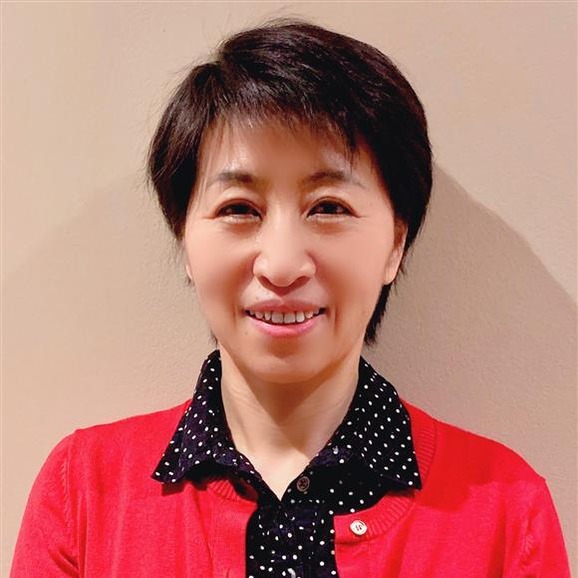
“The final rule announced today aims to provide crucial oversight of these tests to help ensure that important healthcare decisions are made based on test results that patients and health care providers can trust.”

“The final rule announced today aims to provide crucial oversight of these tests to help ensure that important healthcare decisions are made based on test results that patients and health care providers can trust.”

Several alternatives exist to obtain FDA approval of artificial intelligence-enabled medical technology. Determining the best approach for a new device will require an awareness of each pathway’s specific requirements. An appreciation of the unique considerations for artificial intelligence-enabled technologies is another essential component of an efficient and effective application.

Embracing certification leads to enhanced product quality, innovation, and customer trust.

Regulatory excellence is now considered a pathway to innovation and sustained business growth, making it a fundamental component of success in the medical devices industry. MedTech manufacturers are fostering a culture of regulatory excellence to enhance compliance with regulatory requirements and ensure product safety, efficacy, and quality in the global marketplace.

The FDA is hosting it next town hall on medical device sterilization on April 29. The session will include discussion on topics and formats for future sessions in the series.

The consent decree restricts the production and sale of new continuous positive airway pressure (CPAP) machines, bi-level positive airway pressure (BiPAP) machines and other devices at several Philips Respironics facilities in the U.S. until certain requirements are met.

On April 17, the FDA is hosting a Virtual Public Workshop on approaches to Accreditation Scheme for Conformity Assessment Expansion.

The Investigational New Drug (IND) application and the New Drug Application (NDA) stages are critical milestones in drug development, but they are different applications. Developers and sponsors must understand which application requires which data and when. Here we highlight strategies, hurdles and data required for successful drug development from IND to NDA.

Software validation is a critical tool used to assure the quality of device software and software automated operations, including labeling. Software validation can increase the usability and reliability of the device and label, resulting in decreased failure rates, fewer recalls and corrective actions, less risk to patients and users, and reduced liability to device manufacturers.

Implementing a hybrid work environment with R&D teams yields significant benefits but also presents challenges. In this article, we explore how to achieve successful R&D programs within the context of hybrid environments and share key strategies and best practices to effectively navigate the challenges, including the safeguarding of sensitive information and data.